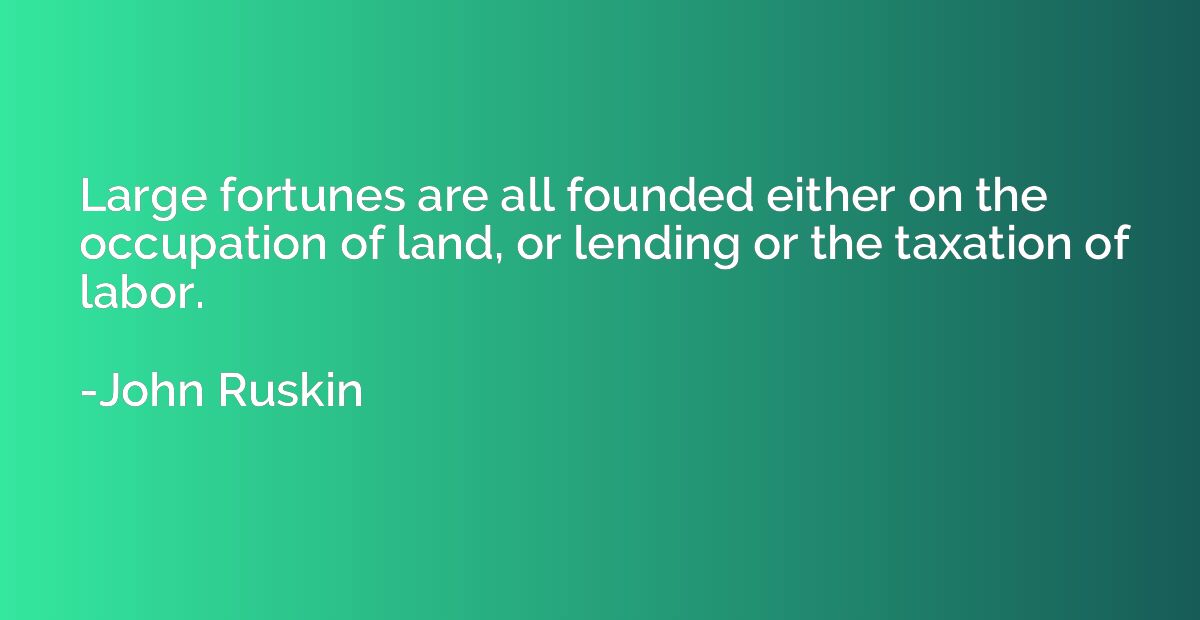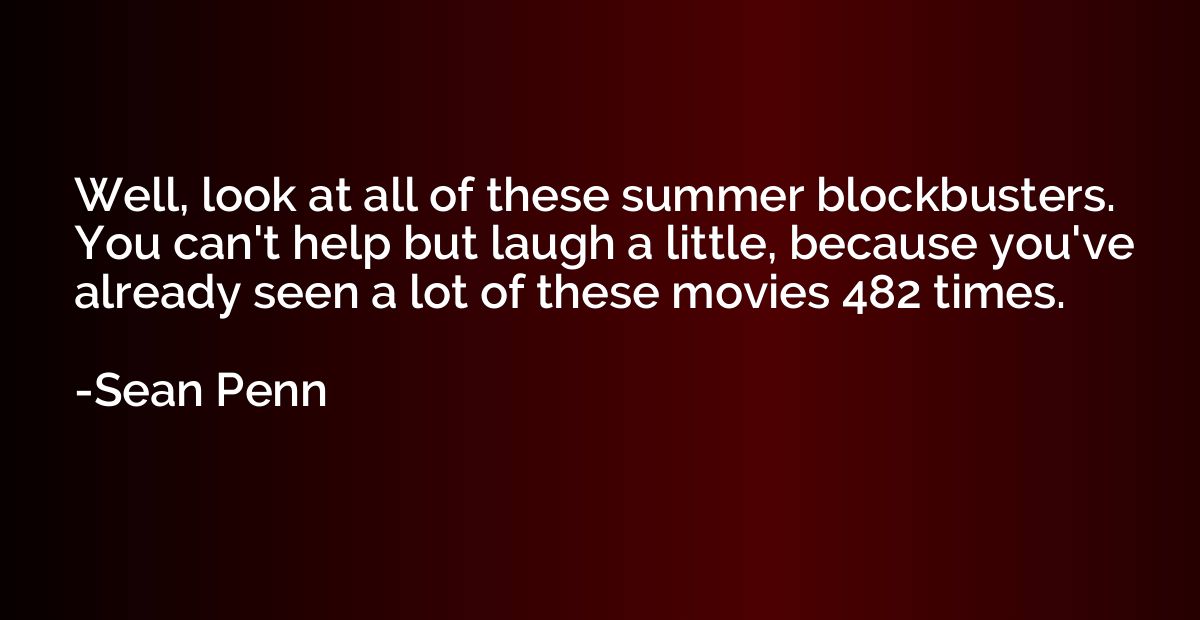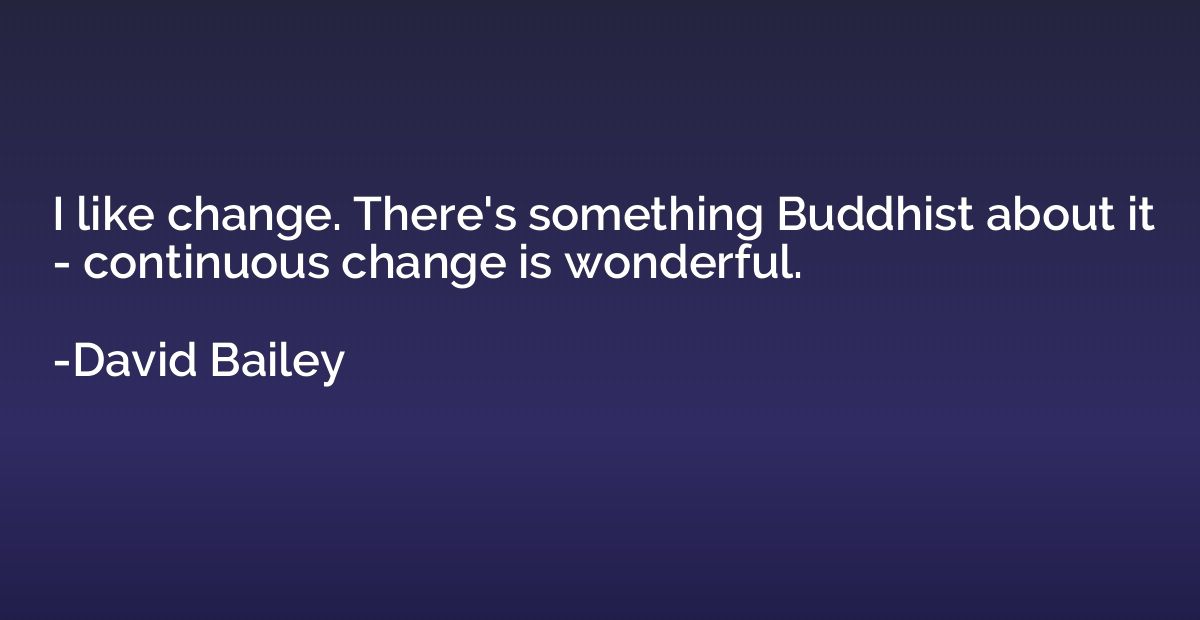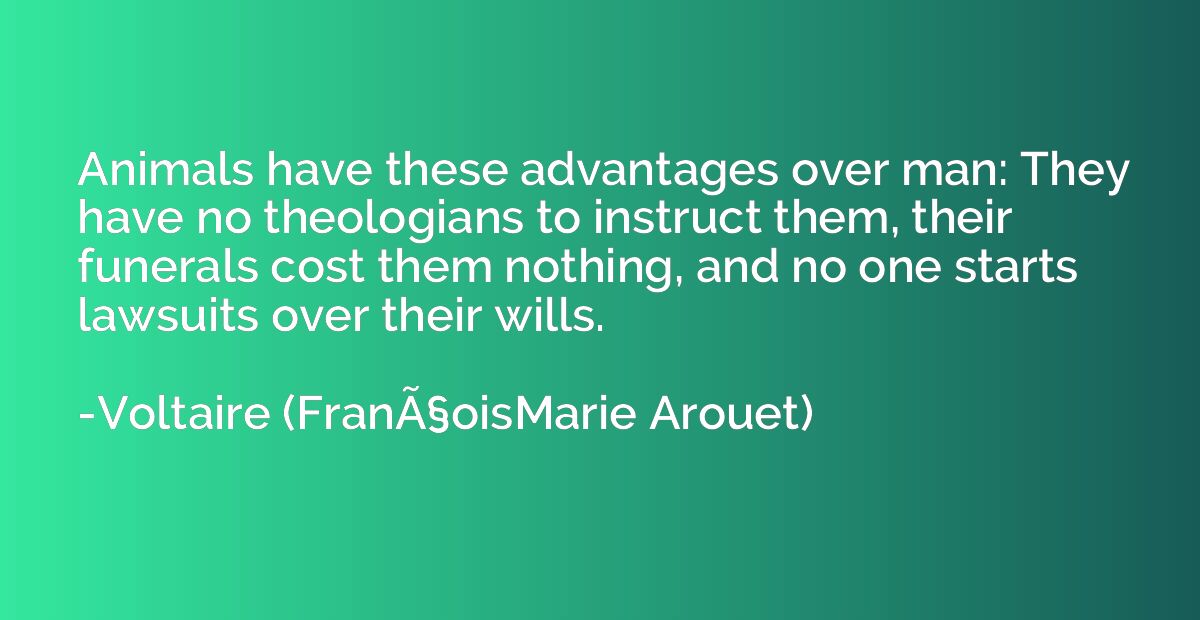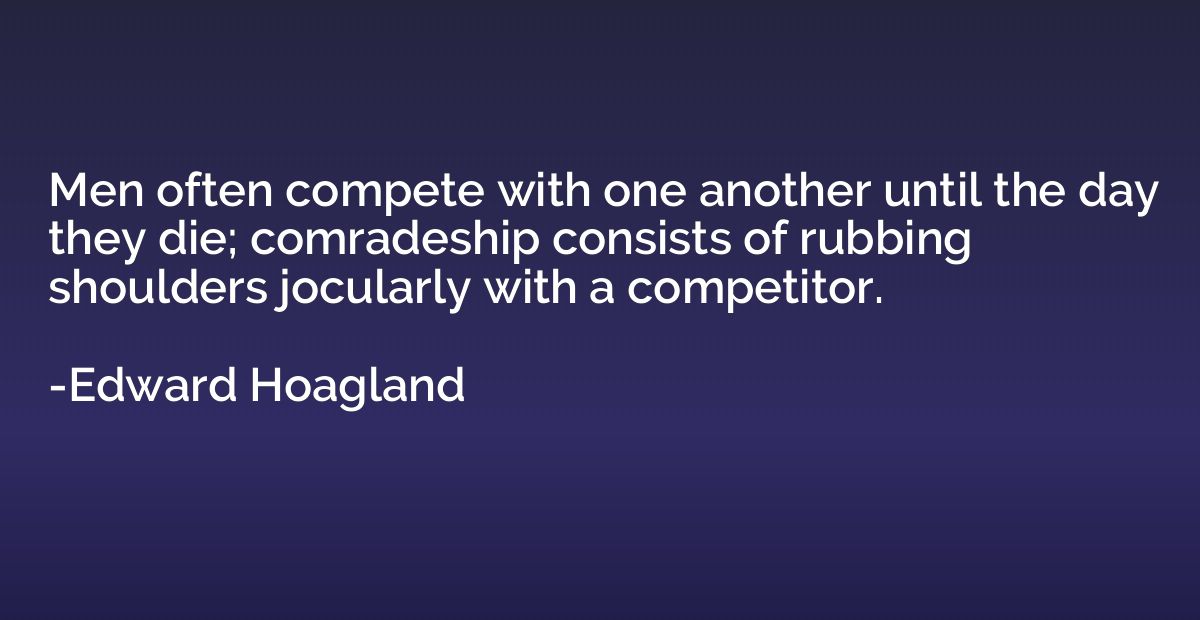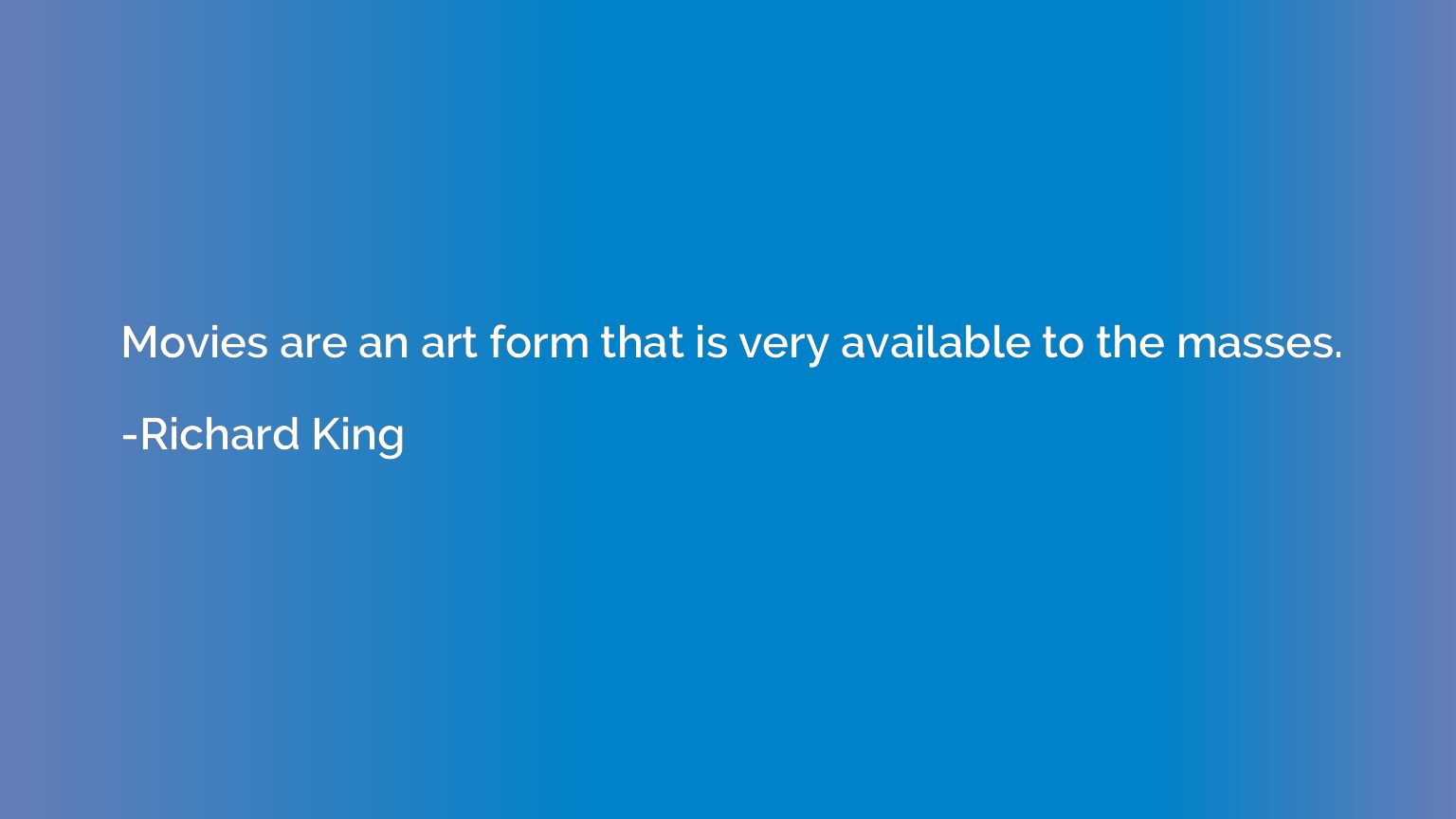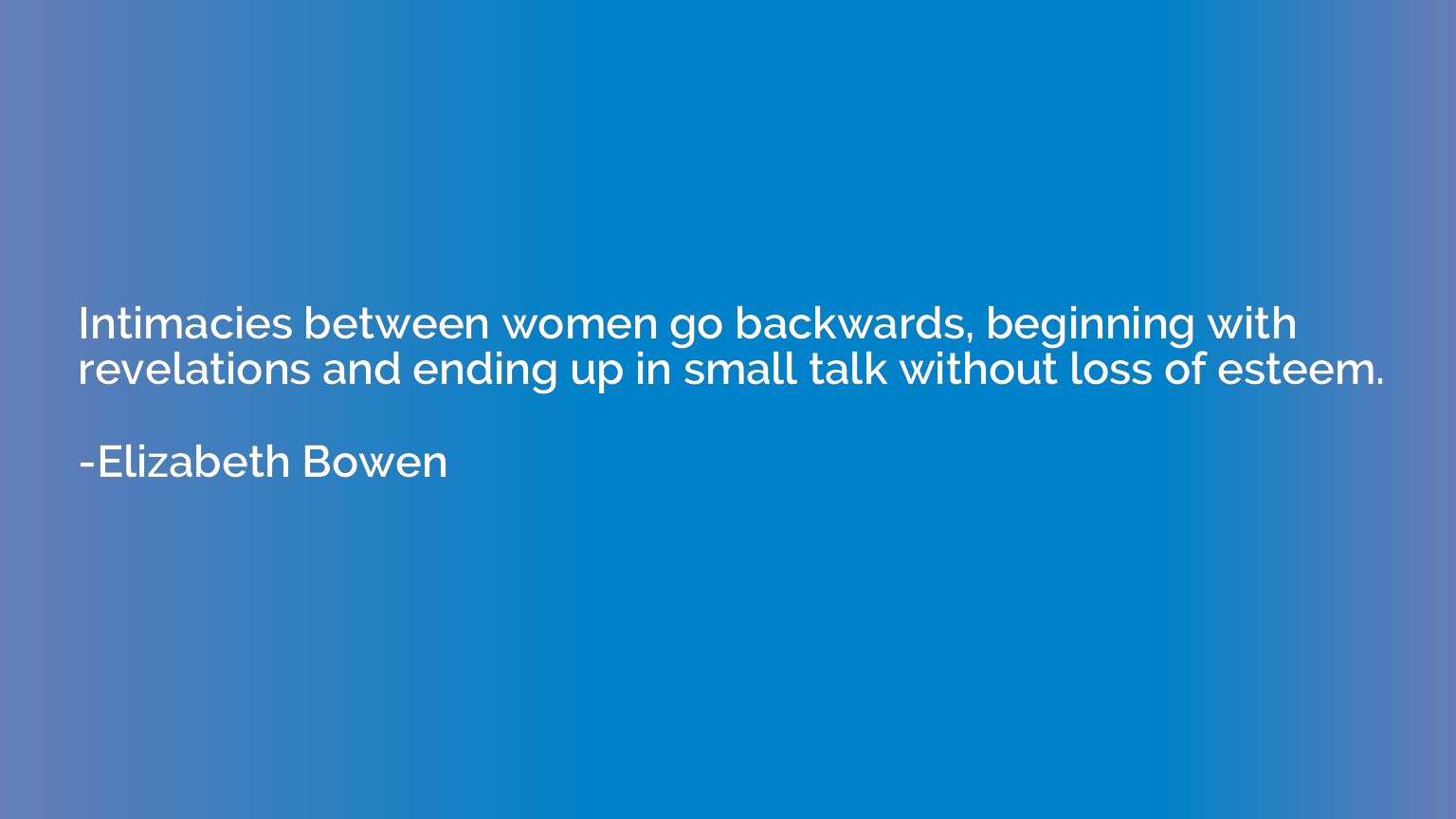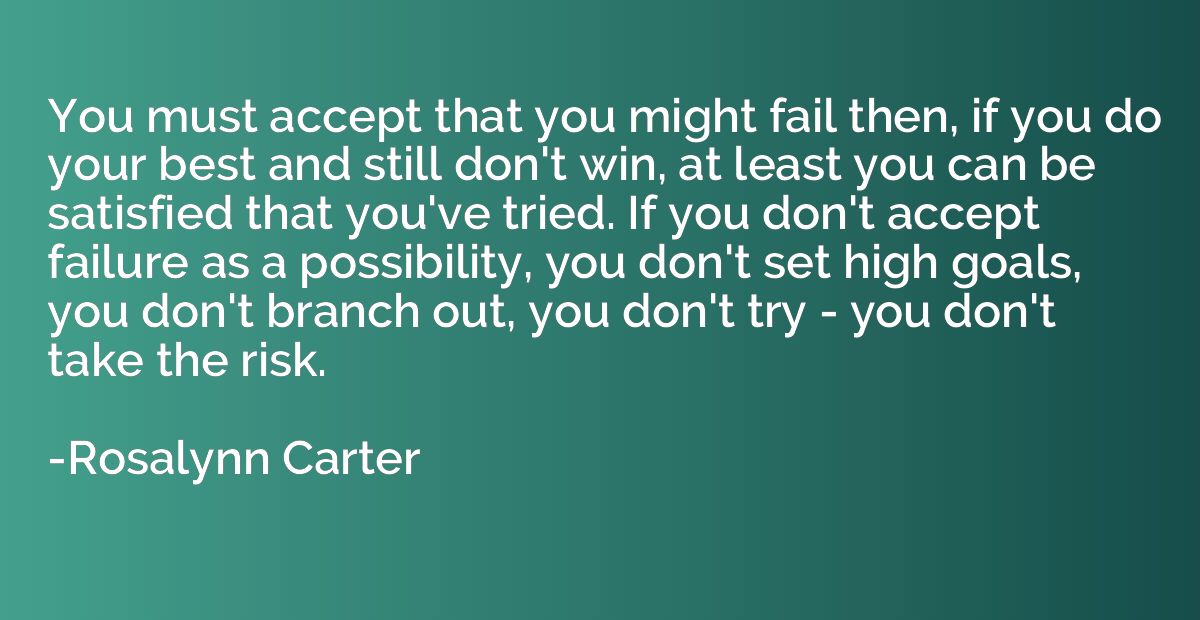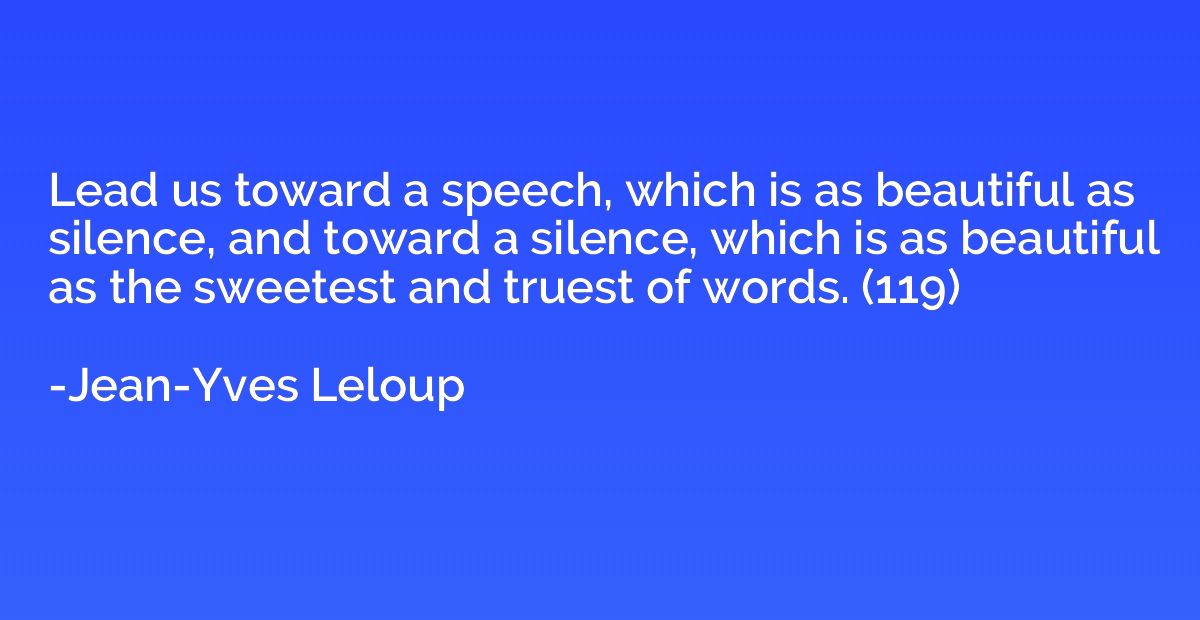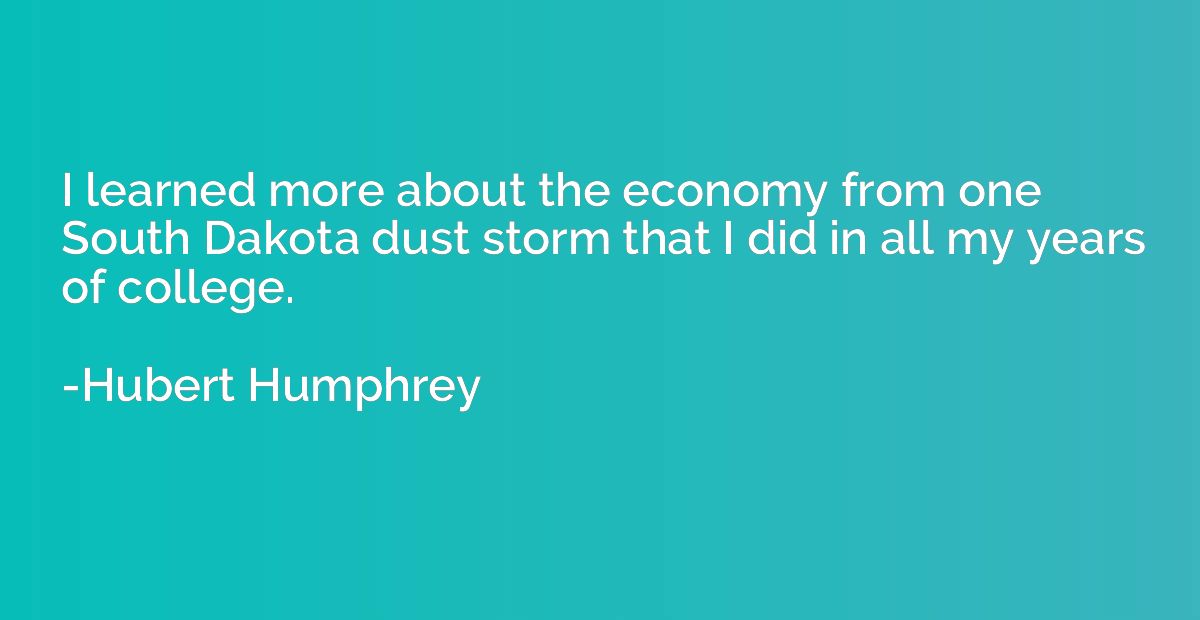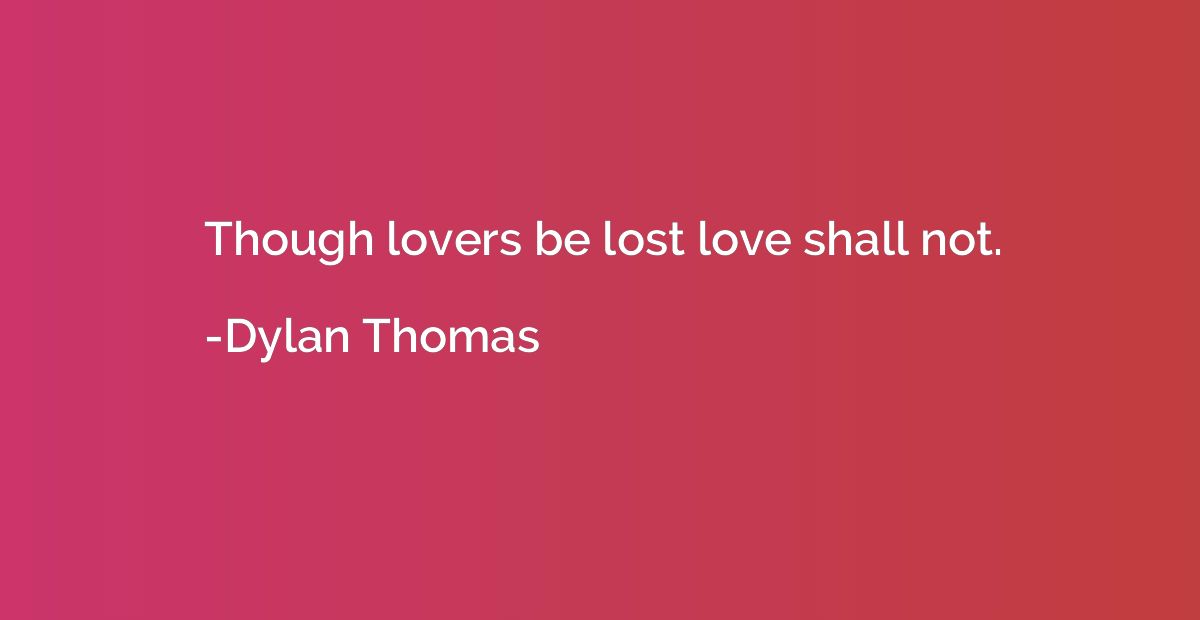Quote by Salman Rushdie, The Moor's Last
For the barbarians were not only at our gates but within our skins. We were our own wooden horses, each one of us full of our own doom. ....these fanatics or those, or crazies or yours; but the explosions burst out of our very own bodies. We were both the bombers and the bombs. The explosions were our own evil - no need to look for foriegn explanations, though there was and is evil beyond our frontiers as well as within. We have chopped away our own legs, we engineered our own fall. And now we can only weep, at the last, for what we were too enfeebled, too corrupt, too little, too contemptable to defend.
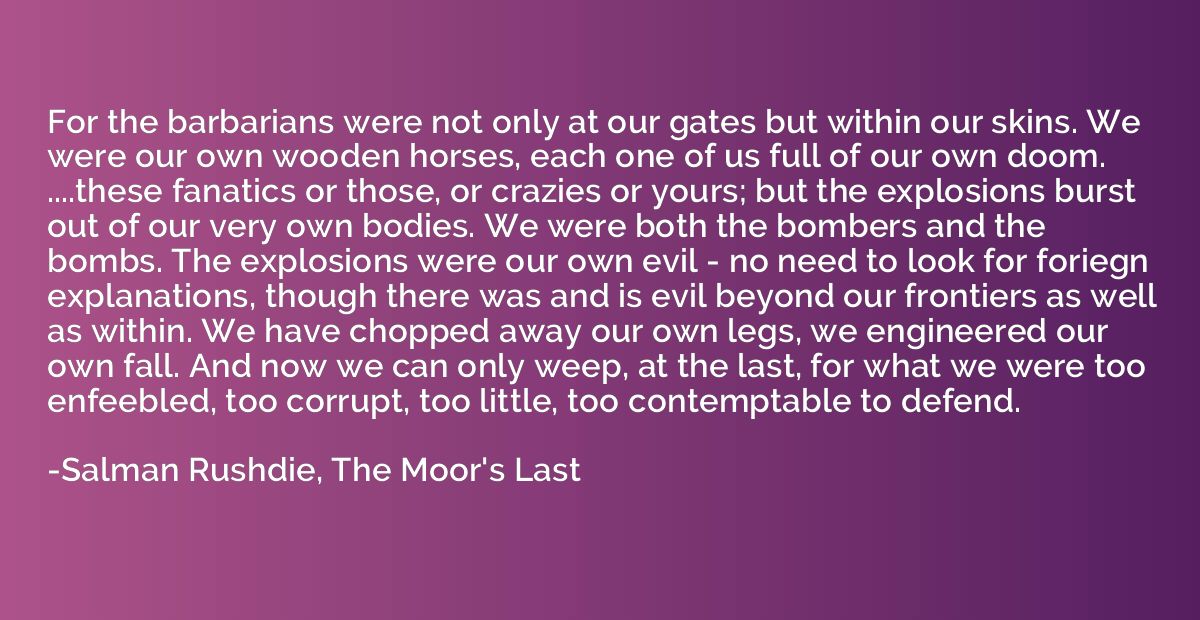
Summary
This quote highlights the idea that the danger or destruction we often face is not solely external but can also arise from within us. It suggests that the barbarity or evil we experience is not solely the fault of fanatics or external forces but is also rooted in our own weaknesses and flaws. The mention of being "our own wooden horses" reflects how we carry our own destruction within us, likening ourselves to Trojan horses. The quote implies that instead of looking solely outside for explanations, we must recognize and acknowledge the evil within ourselves that contributes to our own downfall. Ultimately, it emphasizes a sense of collective responsibility and the consequence of our own inaction.



